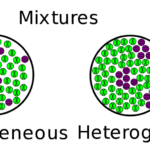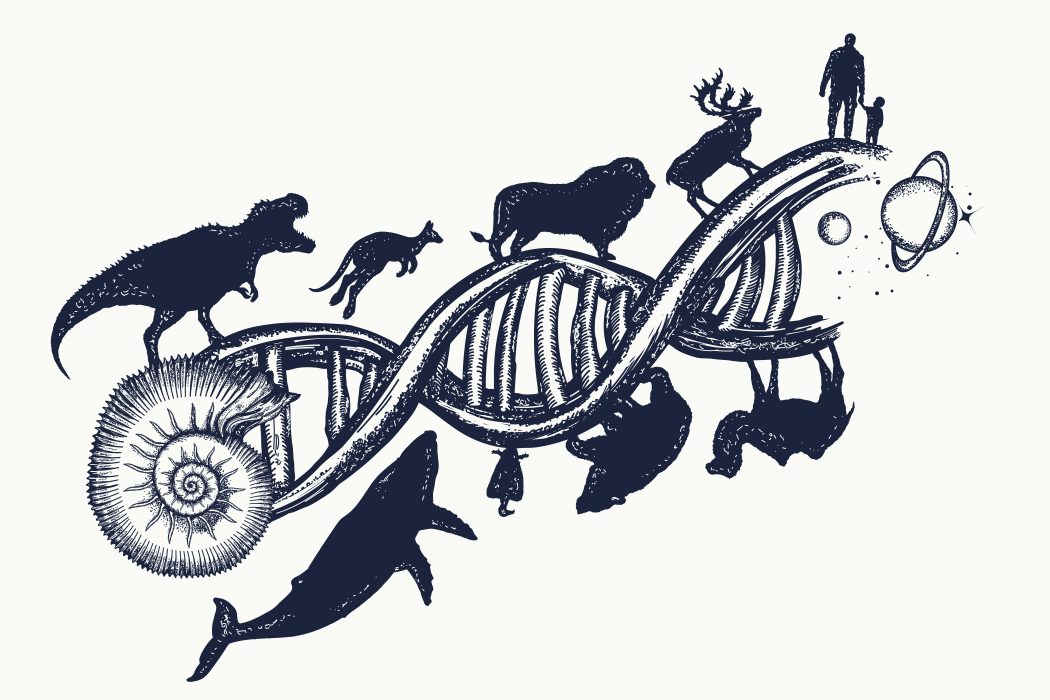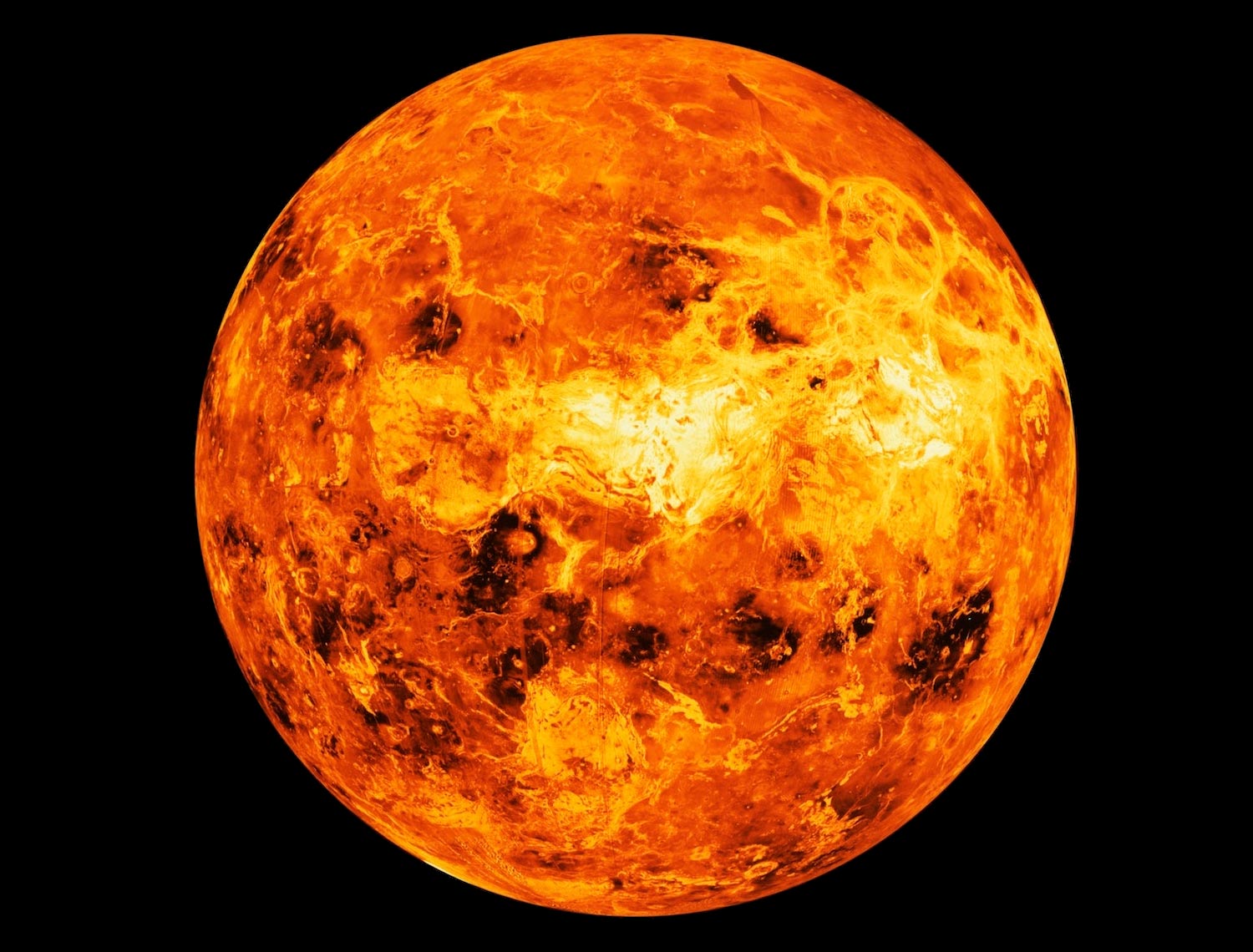Some of the Earth’s water supply is temporarily locked up within the many lifeforms found across the Earth’s biosphere. This water makes up a majority of most organisms, and is a critical component, making the processes of life possible. Some organisms are made up of 95% water, while almost all the rest are more than half water.
Why is water so important to life? It all has to do with the unique properties that water exhibits. Firstly, it is the only substance on Earth that is in liquid form at the temperatures commonly found on the Surface of our planet. Secondly, it is a superb solvent, meaning that other substances regularly and easily dissolve into it. This allows water to carry nutrients to cells, and carry waste away from them.
In addition, water has the unique property of expanding as it freezes. Because water expands becoming less dense, frozen water, more commonly known as ice, floats. This is very important because it protects the water underneath, insulating it from freezing.
Imagine what would happen if water became more dense? It would sink, allowing another layer of water to freeze. Eventually all the water across the entire surface of our planet would freeze, making life impossible.






